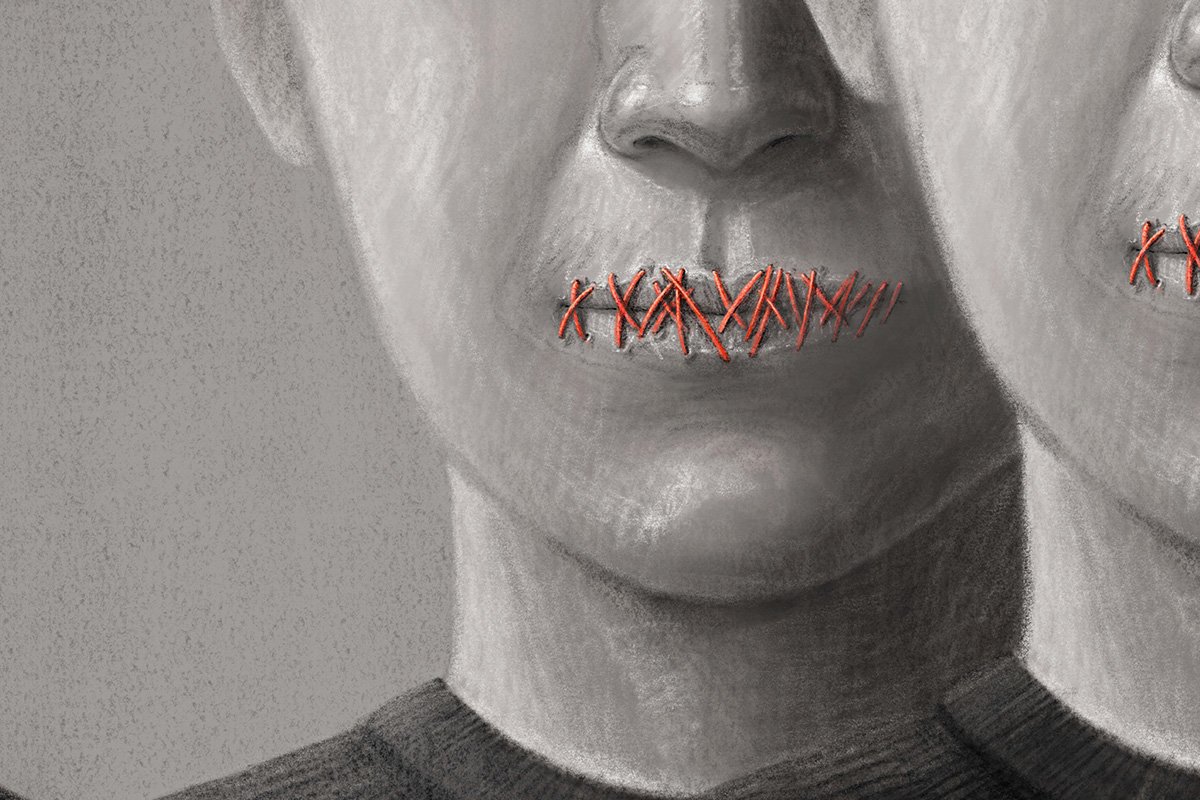August 24, 2015; Al Jazeera
If it weren’t for the violence that ensued when government forces shot teargas canisters and rubber bullets at the 20,000 peaceful protesters who gathered outside the offices of the parliament and prime minister in Beirut, Lebanon, this would have been an article celebrating the often remarkable wit of advocates who challenge powerful government authorities.
In Lebanon, government is at a standstill, with no elected president, a moribund parliament, and warring political and religious factions. One of the most visible and odiferous manifestations of this breakdown in governance is the mounds of uncollected garbage that form little mountains of trash in Beirut and other cities.
Sign up for our free newsletters
Subscribe to NPQ's newsletters to have our top stories delivered directly to your inbox.
By signing up, you agree to our privacy policy and terms of use, and to receive messages from NPQ and our partners.
The protests last weekend about the uncollected garbage and other problems of day-to-day functions in this country, including unreliable public water, inadequate and dilapidated public transportation, and significant daily interruptions in electric service, were meant to be peaceful. The protests were organized by an informal group calling itself “Til’at Reehitkum”—in English, “You Stink.” That name captures both the problem of garbage and the ineffectual functioning of the Lebanese government.
According to Al Jazeera’s reporting, some troublemakers not associated with You Stink showed up to disrupt the nonviolent protests by taunting and attacking the police. The resulting violence led to more than a dozen people injured and one dead.
Even with those outsiders’ disruption, the protests continue, though with efforts from organizers to weed out the troublemakers. Al Jazeera’s reporter, Rami Khouri, notes two significant developments from these protests:
- Unlike other protests in Lebanon that have been relatively small (unless organized by Hezbollah) and focused on narrow issues, the You Stink protests were not sectarian organized efforts, but driven by the “personal rage” of citizens who “not only mobilized and marched on their own will, but openly criticized the established political groups that they had always feared to challenge in public—in some cases calling them ‘garbage’ and brazenly holding up placards with photos of the establishment leaders.”
- Moreover, rather than just calling for elimination of the garbage or provision of better services, the demonstrators “called for nothing short of a complete government overhaul.” As Khouri points out, demonstrators chanting “the people want the downfall of the regime…[was] a common cry during the uprisings in Tunisia, Egypt, Syria and Yemen.” That doesn’t automatically lead to success, as the reversals of several Arab Spring uprisings have shown, but it does show Lebanese demonstrators more open to popular movements than the kinds of turnouts manufactured by Hezbollah and other sectarian groups.
There is no intent here to minimize the pain that resulted from police violence against the demonstrators, whether provoked or otherwise. Nor is there a perspective to be offered that demonstrations in downtown Beirut will yield something better than the military government that followed Tahrir Square or the chaos and civil war in Yemen and Syria. However, though democratic yearnings may be deterred by police violence, they cannot in the long run be defeated. No one wants the incompetence of governments like Lebanon’s (or Yemen’s or Syria’s) to be replaced by chaos, anarchy, and strife. But people will fight for decent competent government and democratic processes wherever they happen to be, and sometimes, it will involve demonstrators staring down police, legislators, and prime ministers with the rallying cry, “You Stink!”—Rick Cohen












